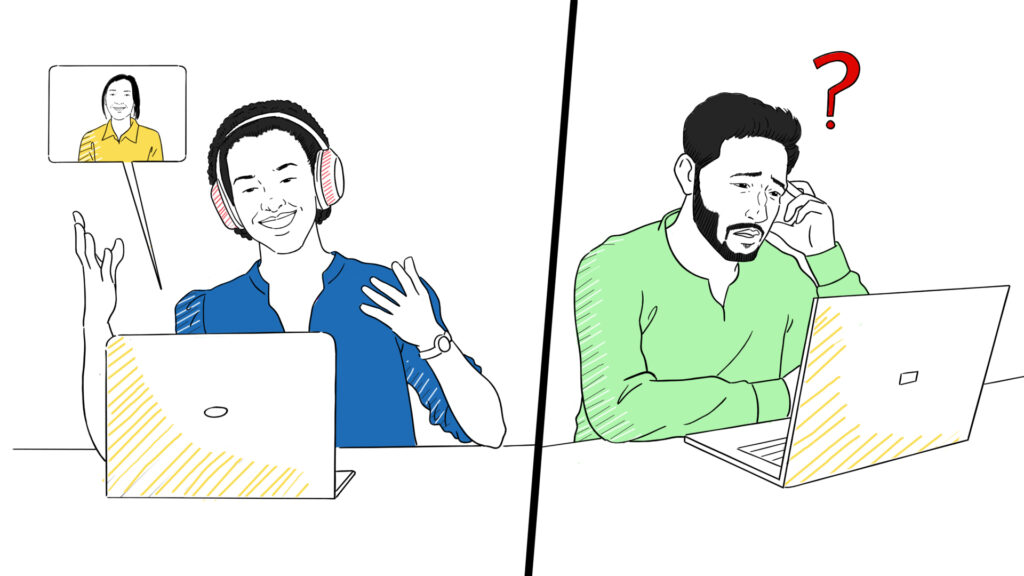
Join CORE for a 60-minute webinar to explore the Settle In website. This webinar explores the redesigned features including the enhanced search functionality, intuitive grouping of content topics, and updates to resource organization. Attendees also discuss tangible ways to incorporate Settle In materials into Cultural Orientation (CO) delivery or other early resettlement services. […]
Read More… from Explore the Redesigned Settle In Website

If you already have some experience using The Road Ahead, CORE’s domestic CO curriculum, join CORE for a 60-minute webinar on Thursday, August 8th to learn more about ways to use, adapt, and modify the content to further enhance your CO programming. […]
Read More… from Going Further on The Road Ahead

If you are new to The Road Ahead, CORE’s domestic CO curriculum, watch CORE’s 60-minute webinar to learn more about this resource and consider ways to use and adapt it to enhance your CO programming. This adaptable resource presents essential CO content through engaging learning activities and ready-to-use slides, available in multiple languages. The comprehensive curriculum offers […]
Read More… from Starting on The Road Ahead
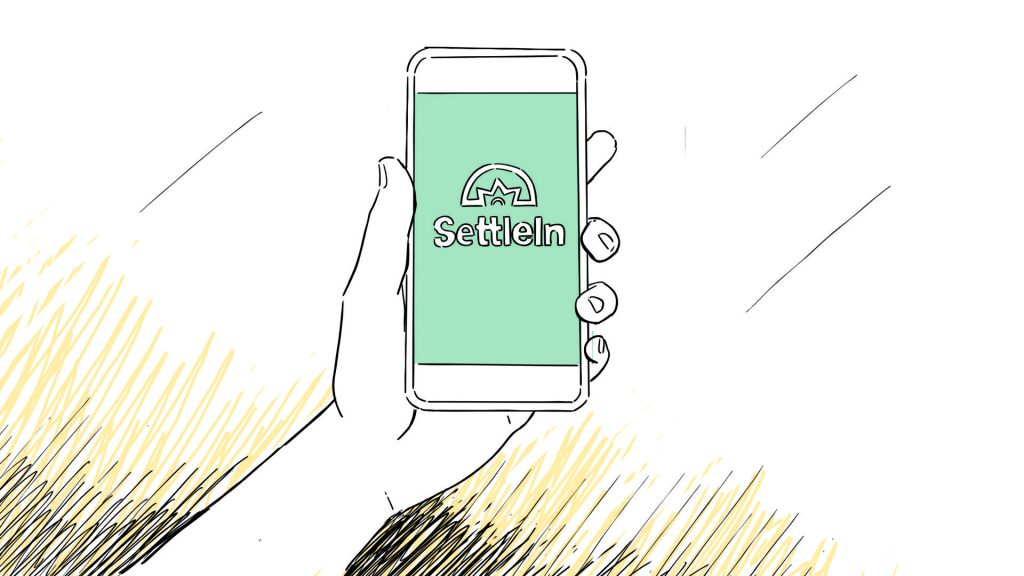
What is Settle In? Where do I find Settle In resources? How can Settle In support newcomers before, during, and after initial resettlement services? In CORE’s 90-minute webinar, How to Use Settle In, we review CORE’s Settle In digital properties, including where to find these newcomer-facing resources. Through scenario-based discussions, attendees leave the webinar with […]
Read More… from How to Use Settle In
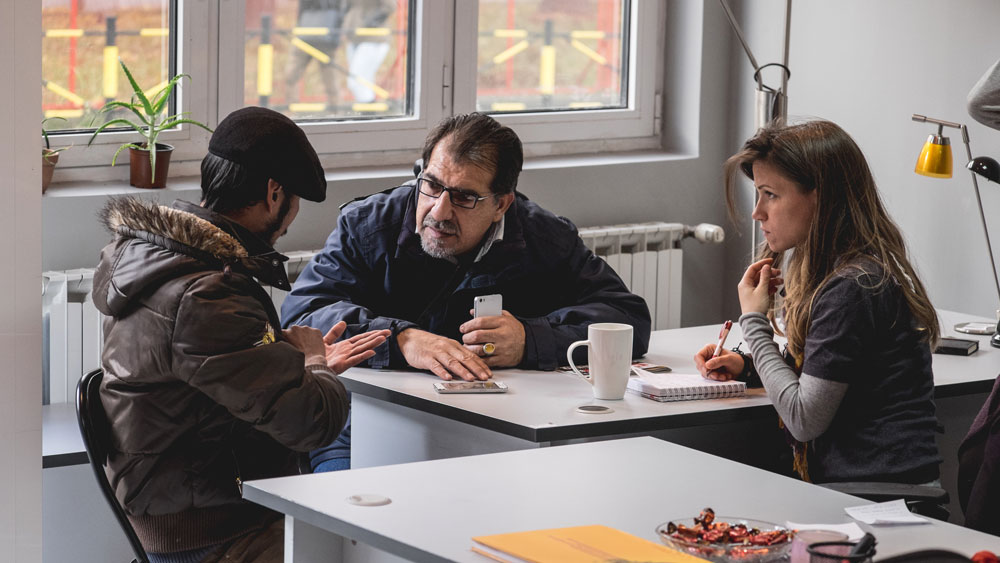
How is the Cultural Orientation continuum responding to the Afghan arrivals? In this webinar, learn about developments in key Cultural Orientation messaging taking place before departure to local Resettlement Agencies. You will also receive guidance on covering Cultural Orientation for Afghans served through the Afghan Placement and Assistance Program (APA), including strategies and access to […]
Read More… from Cultural Orientation for Afghan Arrivals
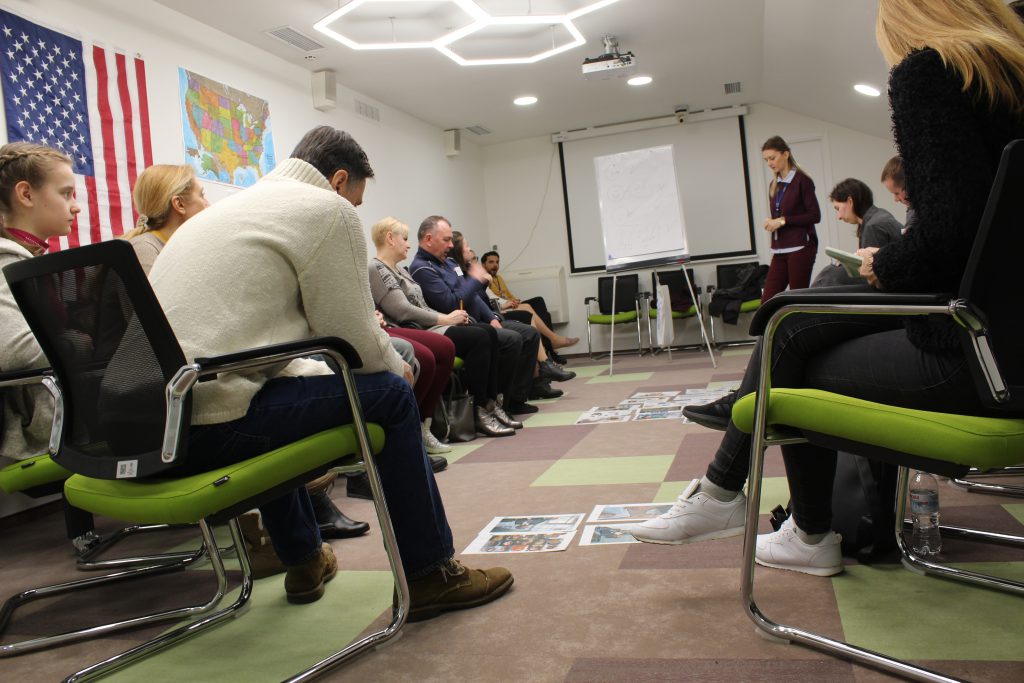
Is your office ready to deliver Cultural Orientation when refugee arrivals increase? CORE’s Aug. 31 webinar will help new and experienced Cultural Orientation providers, along with program supervisors, think through how to ensure their Cultural Orientation program is set up for success. During the webinar, you will conduct an evaluation of your current Cultural Orientation […]
Read More… from Building Cultural Orientation Programs for Increased Arrivals
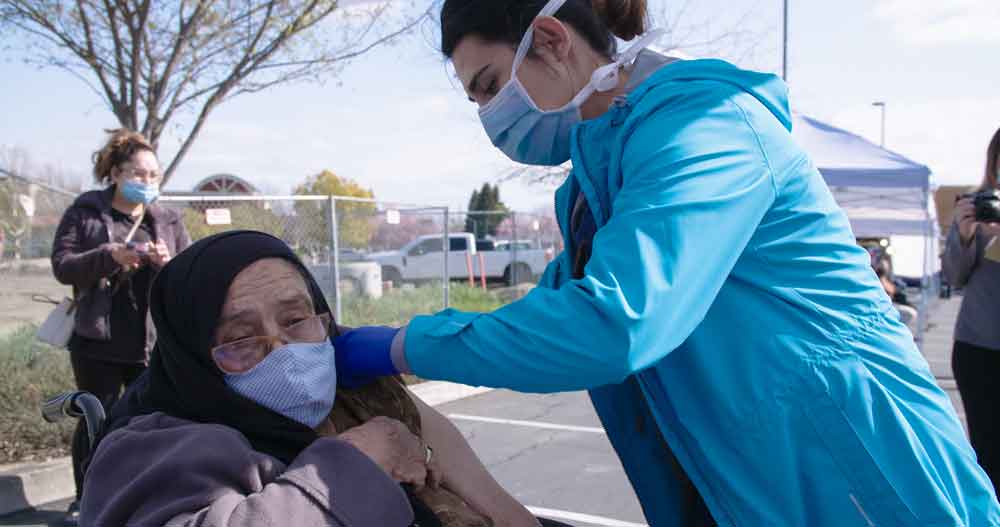
COVID-19 vaccine messaging is required as a part of Cultural Orientation delivery. Watch the full webinar recording (or specific sections) to better understand guidance, find resources, and be able to answer participants questions such as: How will receiving or not receiving the vaccine effect my employment? Or why are some vaccines one doses and others […]
Read More… from COVID-19 Vaccine Messaging for Cultural Orientation
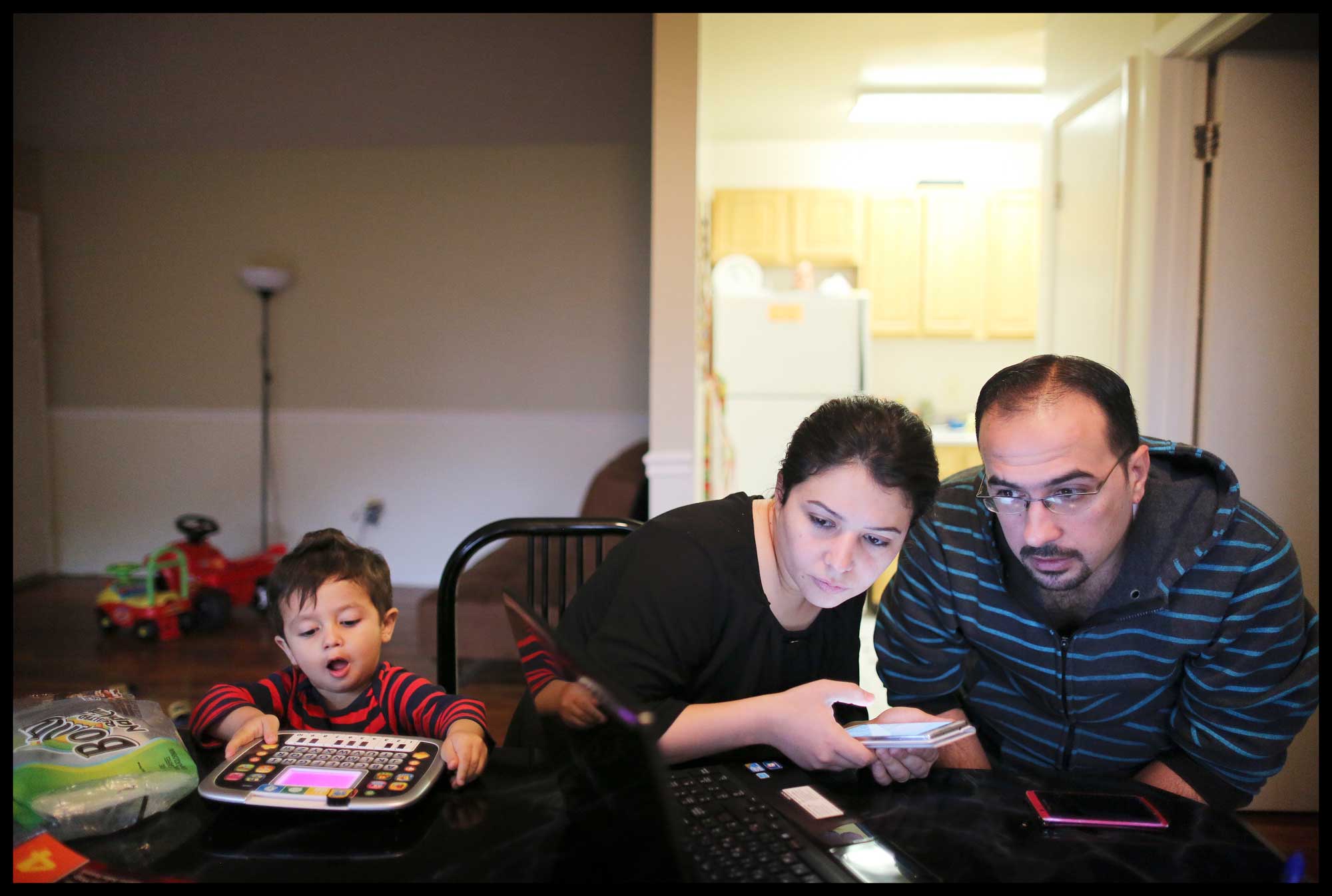
Are you wondering how to deliver Cultural Orientation remotely? Watch this series of webinars to hear from CORE and other Cultural Orientation providers on how you can deliver engaging, effective remote Cultural Orientation. Webinars recorded: March 2020, November 2020, and December 2020. […]
Read More… from Delivering Remote Cultural Orientation
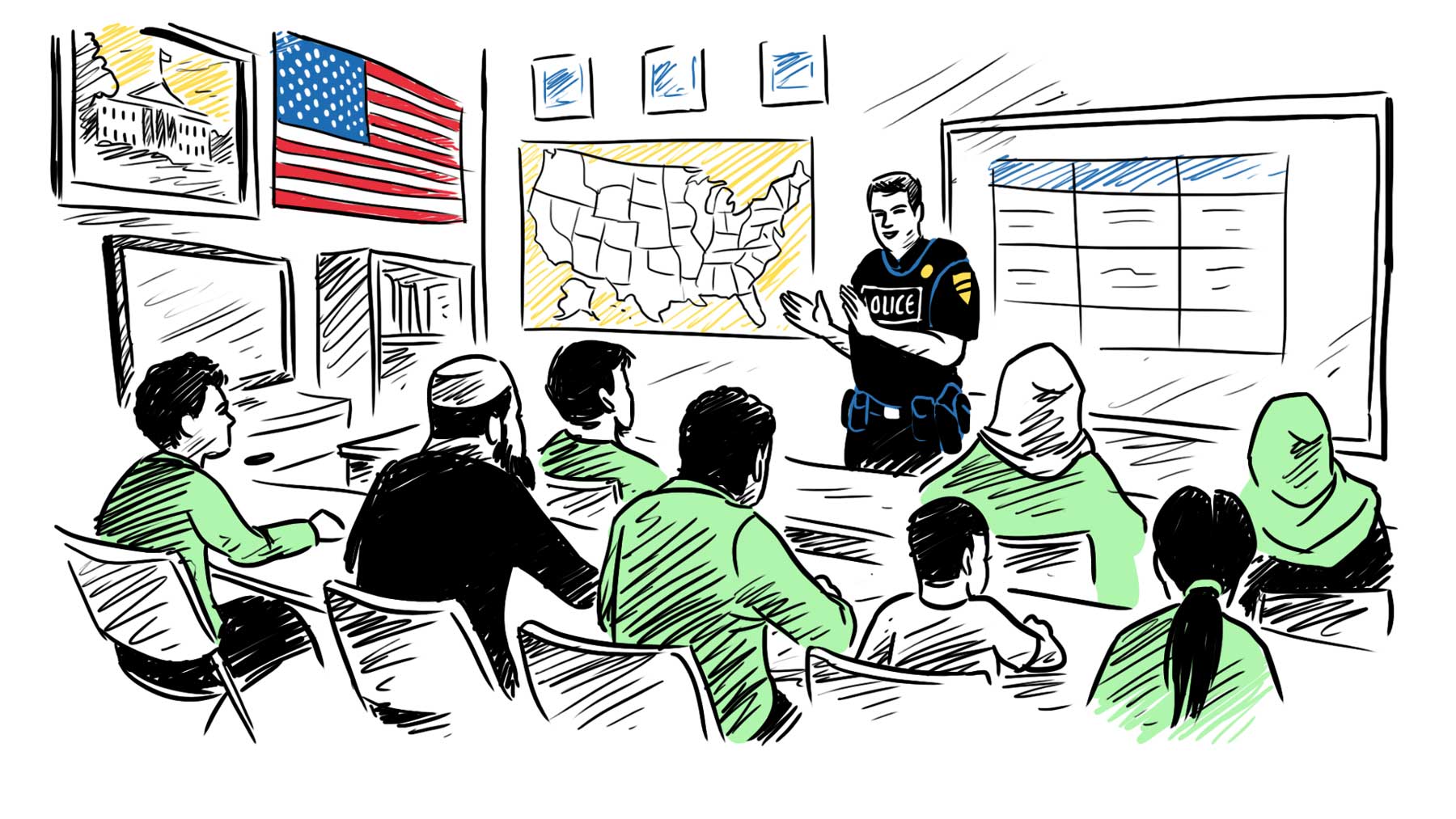
Refugees come to the U.S. with different experiences and perceptions of law enforcement and public safety. CORE hosted this webinar on September 8, 2020, featuring guest speakers and Q&A on how to best teach refugees about this topic and engage with law enforcement in local communities. […]
Read More… from Addressing the Role of Police during Cultural Orientation
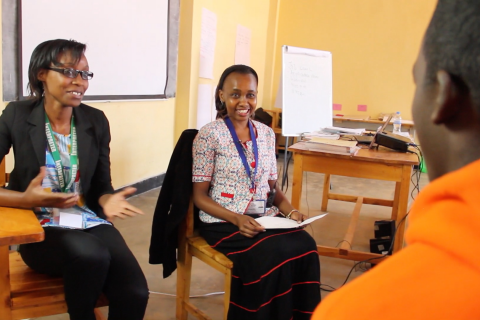
Looking for ways to work more effectively with interpreters during Cultural Orientation? In a 45-minute webinar open to Cultural Orientation providers and interpreters, CORE provides guidance on using the new Multilingual Cultural Orientation Glossary to enhance session interpretation. The webinar also highlights other resources to improve collaboration between Cultural Orientation providers and interpreters. […]
Read More… from Enhancing Interpretation during Cultural Orientation











